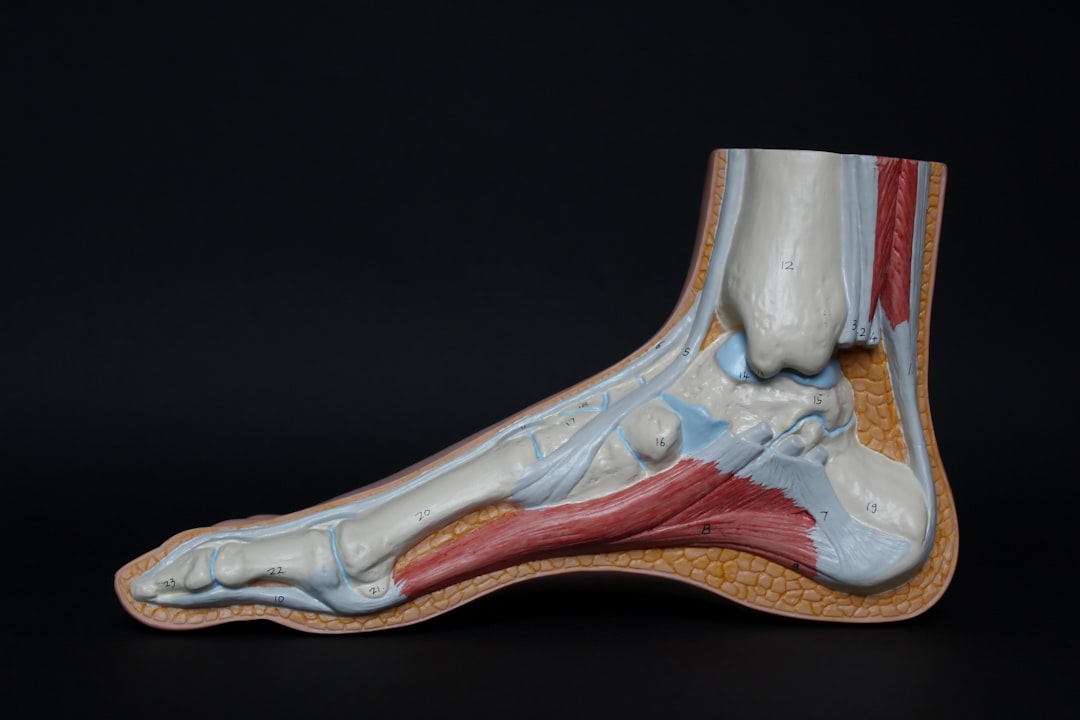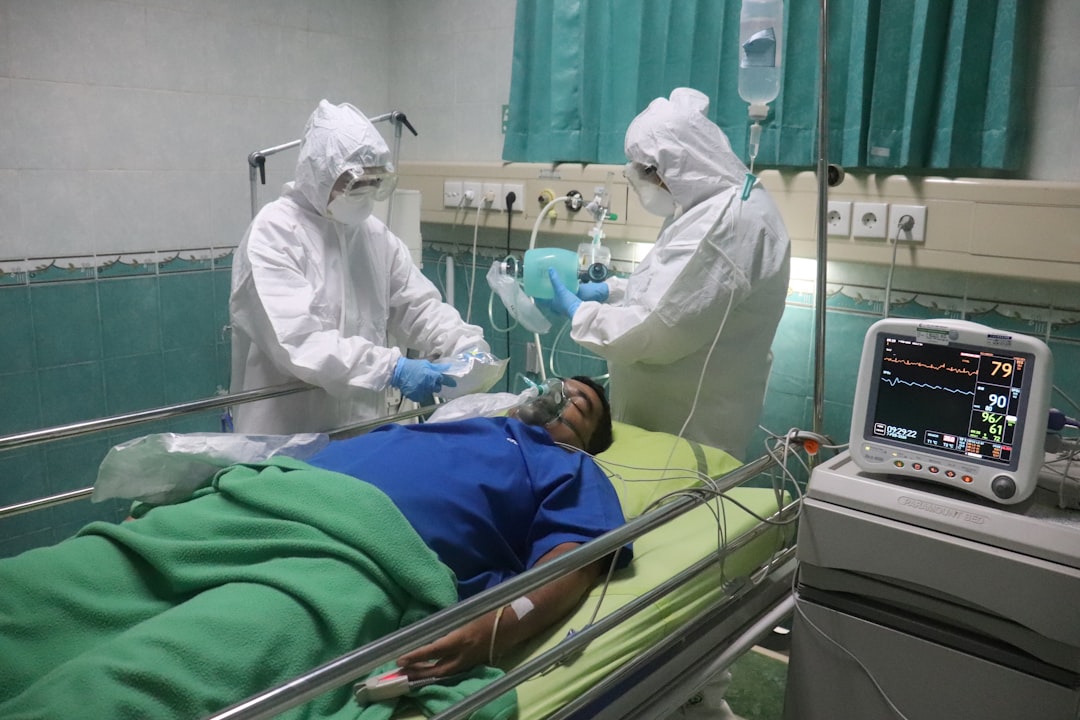What is it about?
Restorative Clinical Supervision has been shown to have a positive impact on staff wellbeing and the introduction of the A-EQUIP model and Professional Nurse Advocate role provides an opportunity to ensure more staff are able to access support. This paper discusses a number of both individual and organisational barriers affecting clinical supervision uptake and makes recommendations for staff, clinical leaders and organisations to support the model’s widespread implantation.
Featured Image

Photo by Patty Brito on Unsplash
Why is it important?
The ability of nurses and other NHS staff to deliver high quality patient care is dependent on their health and wellbeing. Nurses are experiencing increasing stress, burnout and mental health problems and the Health & Care sector has been historically associated with high levels of stress, absenteeism, staff turnover and high vacancy rates. The roll out of an new supervision model for nurses in 2021 offers a chance to tackle increasing staff burnout but organisations and clinical leaders need to work consciously now to support its implementation in order to effect meaningful change.
Perspectives
I hope that this paper will encourage all those working in healthcare to reflect on their own and their colleagues wellbeing and the way it impacts on our ability to give the best patient care, and to find out more about the PNA and clinical supervision offers in their own workplaces.
Rebecca Featherbe
Read the Original
This page is a summary of: Restorative clinical supervision: a chance for change but are we ready?, British Journal of Nursing, June 2023, Mark Allen Group,
DOI: 10.12968/bjon.2023.32.11.514.
You can read the full text:
Contributors
The following have contributed to this page










